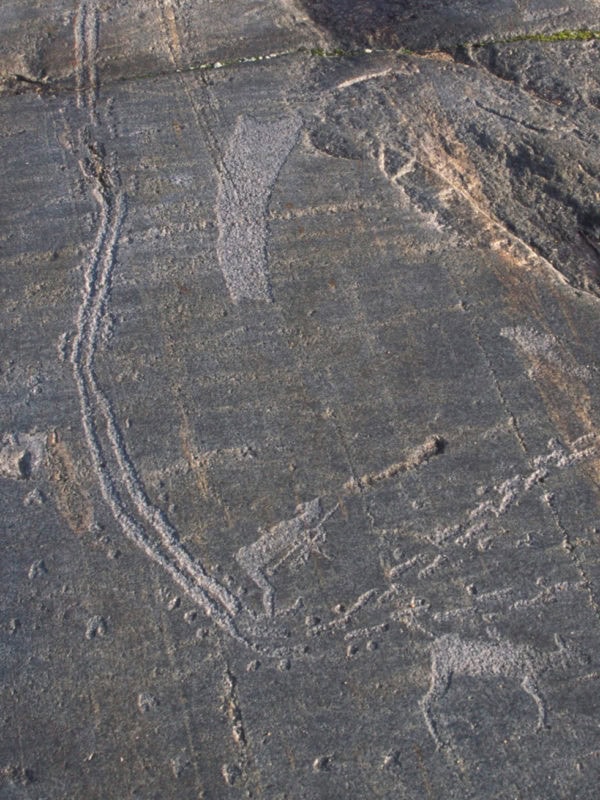
The New Sámi Renaissance: Nordic Colonialism, Social Change and Indigenous Cultural Policy (NESAR)
The New Sámi Renaissance: Nordic Colonialism, Social Change and Indigenous Cultural Policy (NESAR) is a research project led by UiT The Arctic University of Norway. The project leader is Laura Junka-Aikio.
Indigenous peoples continue to face concrete forms of colonialism and resource extraction, which threaten their land-based livelihoods. Contemporary societies also manifest growing appreciation of indigenous cultures and identities. This is particularly evident within the arts and popular culture, where indigenous artists, themes and heritage flourish in unprecedented ways, prompting new talk about an ongoing “renaissance” of Indigenous cultures and identities.
NESAR seek to examine the politics and social contexts of this turn, and to explore the novel issues, challenges and opportunities that the “new Sámi renaissance” is bringing up on the level of Sámi cultural politics and policy.
Jukka Nyyssönen, researcher at NIKU, contributes to NESAR by studying the relationship between environmental discourses and the Sami reindeer herding in the context of protection vs forestry dispute in Inari in early 2000s.
The research project is a collaboration between The Arctic University Museum of Norway, NIKU, Giellagas institute at the University of Oulu, University of Montreál, St. Mary’s University, Sámi Allaskuvla, University of Uppsala,Várdduo Center, University of Umeå, Sweden Museum of Cultural History, University of Oslo and University of Lapland.
- Status In progress
- Financed by The Norwegian Research Council
- Time 2021-2024

